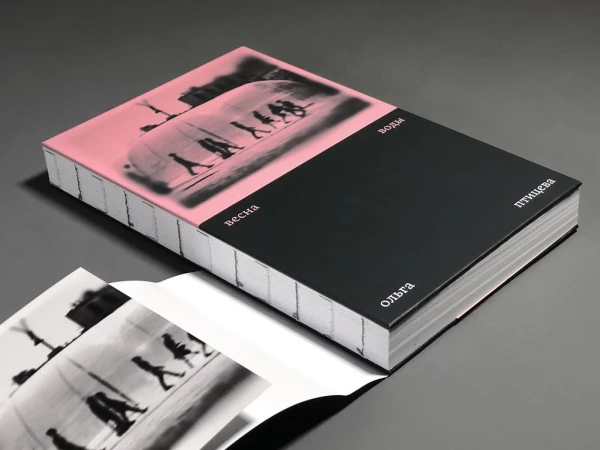
Olga Ptitseva, "Spring of Water." St. Petersburg: Polyandria NoAge, 2025.
Perhaps it is a dubious compliment to the author, but the most interesting aspect of Olga Ptitseva's duology is where and when it was written and published.
When Winter Will Pass – I Don’t Know
Consisting of the books "The Two Hundred and Third Day of Winter" (released last year) and "Spring of Water" (released recently), this dystopia with very transparent symbolism and an unequivocal political message was created and published in Russia during the height of the war and against the backdrop of repression – when writer Bykov is declared wanted (in absentia), writer Akunin is sentenced to 14 years (in absentia), publishers from Popcorn Books and Individuum are detained (very much in person) for publishing books, and playwright Petriychuk is serving a sentence for his play in the form of six years in a general regime prison.
In the first part of Ptitseva's duology, Russia languishes under the power of dictatorship: the omnipotence of the siloviki, a complete ban on opposition activity, political emigration, fear, and apathy among those who remain – all of this is more than recognizable. In the second part, what the parrots from emigrant YouTube predict daily is described – the collapse of the regime.
"There Is No Snow"
Yes, of course, Ptitseva writes not about real Russia, but about an alternative, rather, metaphorical one. Philosopher Leontyev suggested "freezing" Russia – in "The Two Hundred and Third Day" this is done literally. The Party of Cold has plunged the country into an indefinite winter. The siloviki here are called "cold warriors" (why not snowmen? The rhyme is better, and the sound is too), and they do what is expected – imprison dissenters in cells. Only freezing ones. An example of unacceptable heresy is the poster "There Is No Snow." The secret organization of dissenters is called "Thaw." The main character, Nyuta, silently hates the regime and grows frost-resistant daffodils.
The symbolism is so blatant that it tempts one to accuse the author of flat journalism – and if the duology were written and published in emigration, it would not be worth a dime. Especially since in the second part, as mentioned, the ice begins to crack, the underground wins victories – contrary not only to the extraliterary reality but also to the internal logic of the described society. However, this is in full accordance with the promises of the gurus of information bubbles from our side of the border.
Only on the other side, this journalism is perceived, as one can guess, differently. The encouraging events of the second book do not seem very logical, but describing them is like hanging a poster "There Is No Snow" out of the window during a snowfall: this action is valuable precisely for its illogicality. And its value does not depend on the degree of artistic perfection of the text on the poster.




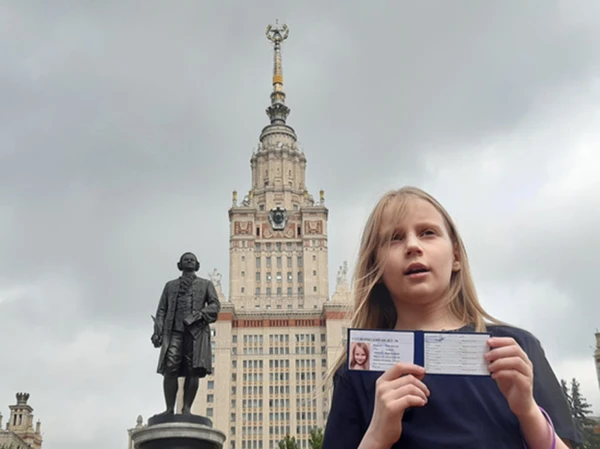
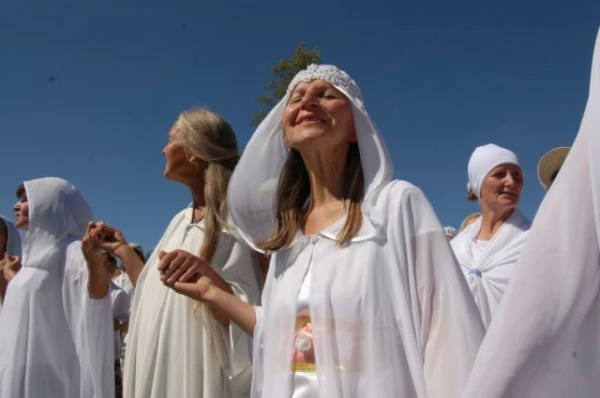
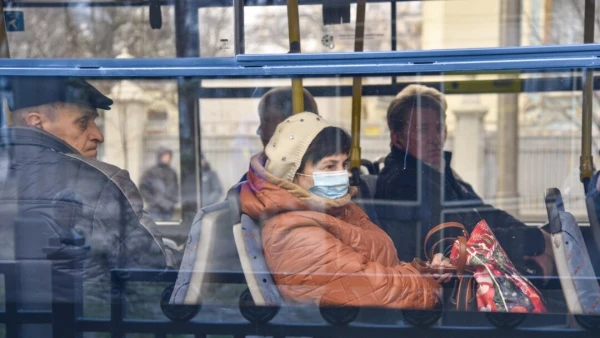



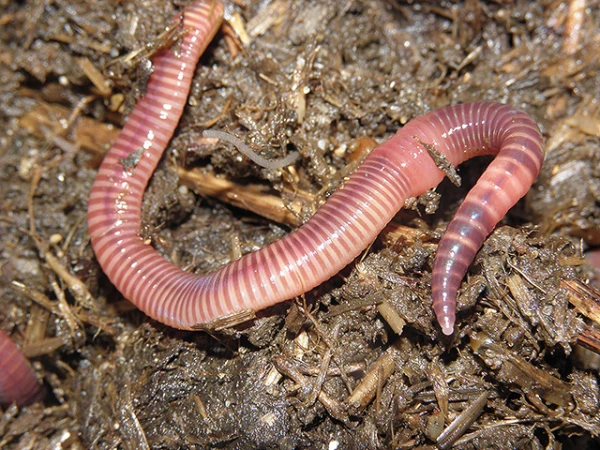



Leave a comment